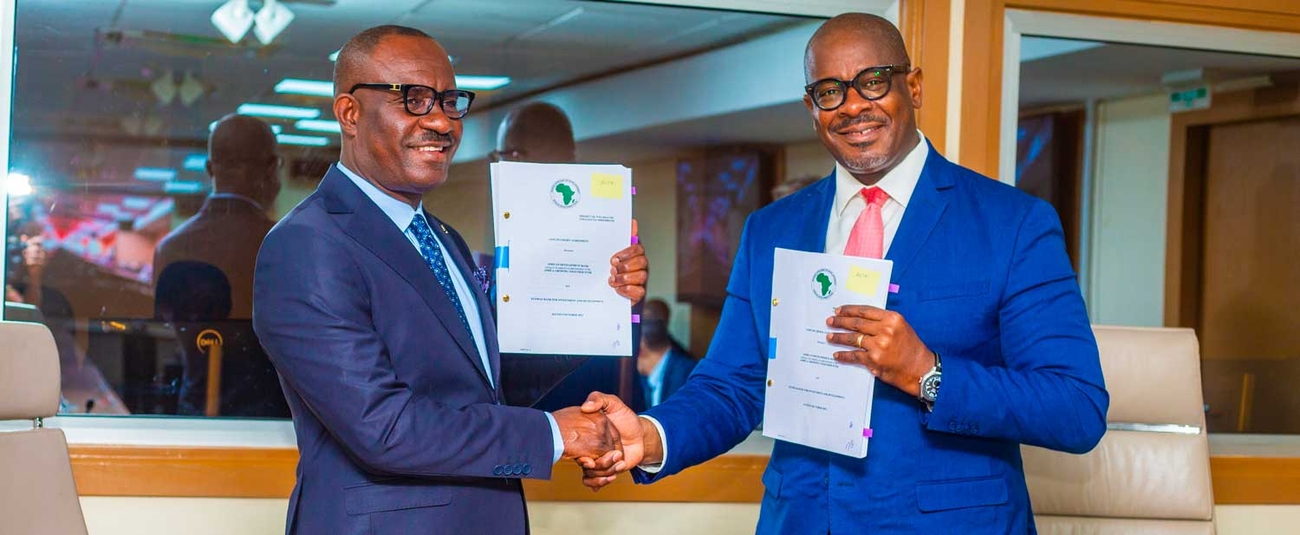The African Development Bank (AfDB) Group and the ECOWAS Bank for Investment and Development (EBID) have signed a deal to provide access to a dual currency credit line of $50 million and €50 million to West African agricultural businesses.
In the Nigerian currency, the combined value of the credit line is estimated at N79.36 billion using the investors’ and exporters’ (I&E) window dollar rate of N775.20 on Thursday and the euro rate of N812 posted by the Central Bank of Nigeria (CBN) on the same day.
Through the deal, the ECOWAS bank will directly fund member states’ commercial banks and local businesses operating in the agriculture and soft commodity sector.
The AfDB, in a statement on Thursday, said an additional $30 million fund will be provided by the Chinese-backed Africa Growing Together Fund — which is under its management.
Advertisement
The deal, a three-and-a-half-year facility agreement, was signed by George Donkor, the president and chairman of EBID’s board of directors, and Solomon Quaynor, AfDB’s vice-president for private sector, infrastructure, and industrialisation, in AfDB’s Abidjan headquarters.
Speaking about the credit line, Donkor, said: “This credit facility illustrates EBID’s continued efforts to mobilise adequate resources to honour its commitment to the region’s transformation agenda through supporting and investing in key sectors, in this case, the agribusiness industry.”
The AfDB said the agreement aligns with EBID’s strategic aim to support local businesses, particularly small and medium-sized enterprises (SMEs), local business cooperatives, and farmers in West Africa.
Advertisement
With the credit lines, AfDB assured that food security, economic growth, and employment generation would be strengthened.
The organisation also said the gap in trade finance would be bridged as African development finance institutions improve their collaboration.
“This agreement underscores our strong commitment to harness the continent’s limited resources to deliver, with speed and at scale, quality investments to help address the ever increasing trade finance gap in Africa while working with strategic regional partners like EBID and – through you – local commercial banks,” Quaynor said.
The AfDB further intimated that the direct and much-needed funds to economically challenged countries and sectors will be aided by increased cooperation.
Advertisement
Add a comment






